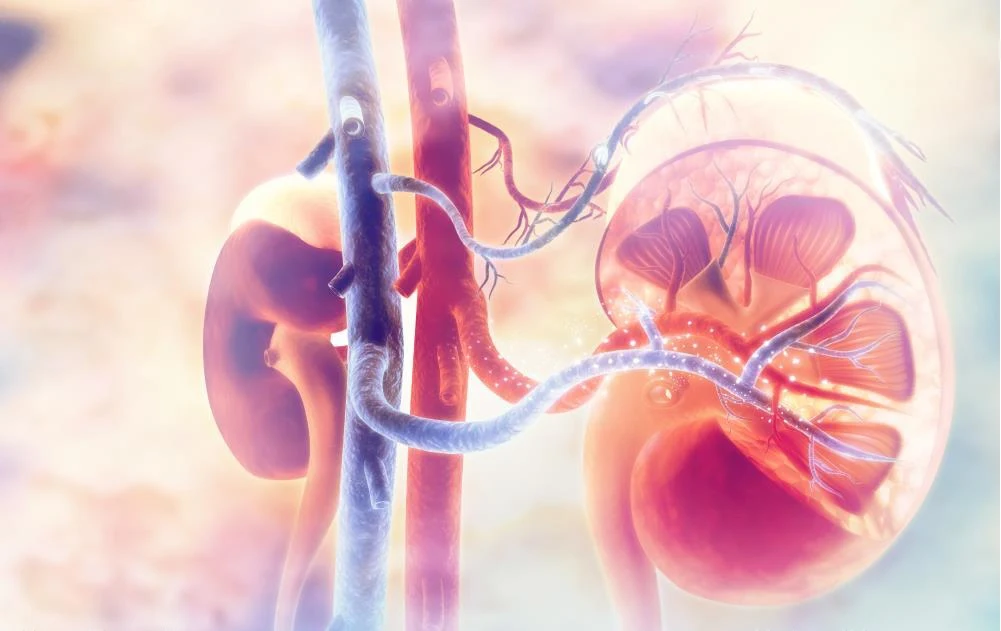(Planet today) The Journal of Clinical Medicine published a study recently about how covid “vaccines,” aka Fauci Flu shots, are making people ineligible for organ transplants.
It is not that hospitals are refusing to perform transplant surgery on jab recipients, but rather that recipients’ bodies are rejecting the organs. Whatever these injections are doing is causing organ transplants not to hold, we are told.
One type of transplant rejection specifically identified in the study is acute corneal allografts. “Fully vaccinated” transplant recipients end up developing a “systemic inflammatory response” post-jab that results in organ rejection.
“The cornea is the outermost layer of a person’s eye,” reports WISH-TV out of Indianapolis. “Corneal grafts are used to restore a damaged cornea.”
“The surgery is known to be one of the most successful organ transplant procedures with low rejection rates. It restores vision, reduces eye pain and improves the appearance of the diseased cornea.”
For the study, Japanese researchers looked at a compilation of data collected from 23 other studies. A total of 23 eyes from 21 patients had undergone a corneal graft procedure, some fairly recently and others in years past.
It was observed that transplant recipients who got jabbed suffered rejection more than the non-jabbed. The jabbed also suffered serious complications such as blood clots, heart inflammation, and Guillain-Barre Syndrome (GBS).
“As the virus continues to spread, additional booster COVID-19 vaccines are expected,” the authors wrote in their paper.
“Therefore, proper follow-up of corneal allograft recipients and interventions to prevent corneal allograft rejection after they received the COVID-19 vaccine may be crucial.”
Post-injection side effects are common in organ transplant recipients, another study review finds
A similar study published earlier this month in the journal Transplant Infectious Disease arrived at similar conclusions.
Entitled “Adverse events after SARS-CoV-2 vaccination in solid organ transplant recipients: A systematic review,” that paper likewise highlights organ rejection as a common side effect in the fully jabbed.
“We searched studies published between January 1, 2020 and August 11, 2021 through Medline, Embase, Scopus, Web of Science, CINAHL Plus with Full Text, LitCovid, medRxiv and bioRxiv,” reads a portion of the study sent to the editor.
“The most common side effect was injection-site pain, seen between 52.2% to 90% after vaccination. Fatigue, fever, myalgias, and arthralgias were also reported systemic reactions. Local reactions included pain, erythema, and swelling.”
In the review, two case reports and three cohort studies involving organ rejection were also identified. These include one kidney, one liver, one heart, and two non-specified recipients.
“The vaccine immunogenicity is still suboptimal in this population,” the study explains about organ transplant recipients. “On top of this, breakthrough infections have been widely reported.”
Back in the Spring, Vanderbilt University Medical Center (VUMC) published an article claiming the opposite of what these two studies found, and promoted more covid injections for organ transplant recipients.
VUMC claimed at the time – and appears to still hold this position – that transplant patients need to get more injections, including “booster” shots,” to help “protect” them from covid during the transplant process.
“Additional booster doses of vaccine against COVID-19 are particularly important for those who are immunosuppressed, namely those who have had solid organ transplants,” wrote Nancy Humphrey, citing a study published in the Journal of Infectious Diseases that appears to support her and VUMC’s position that covid injections help to prevent “covid” in those with an incompetent immune system.
The latest news coverage about the health damage caused by Fauci Flu shots can be found at ChemicalViolence.com.
(Article by Ethan Huff republished from Citizens.news)
